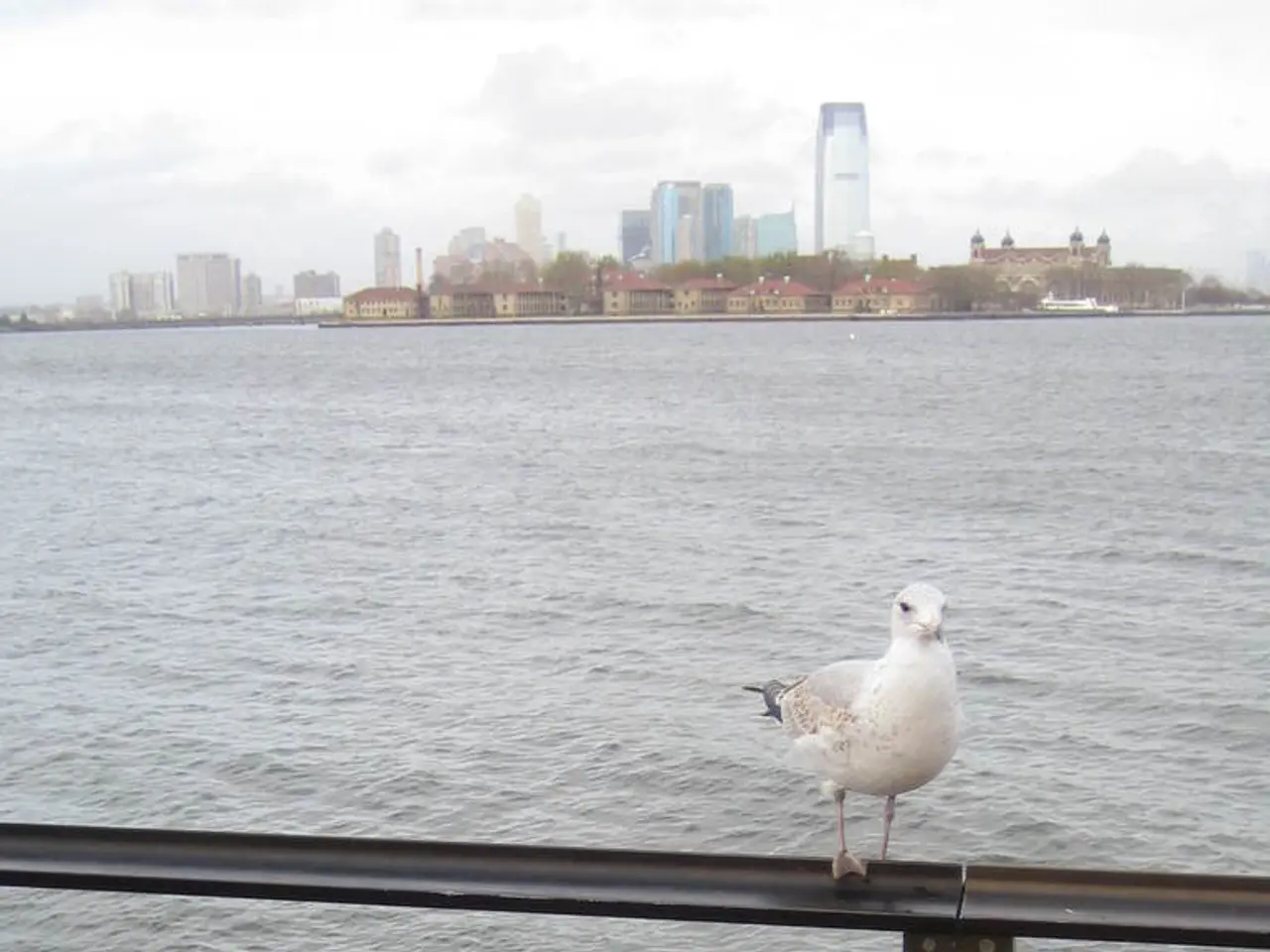The Importance of World Nature Conservation Day in Light of Current Environmental Issues and Ways to Contribute Significantly
In a world where deforestation accounts for nearly 10% of global emissions and human activities have had a devastating impact on natural vegetation and other resources, it's clear that we need to take action to protect our planet. Here are five practical ways individuals can contribute to nature conservation beyond just being aware.
- Engage in Community-Centered Conservation
Participate in local land conservation efforts that emphasize collaboration with diverse community groups, particularly marginalized populations, to promote sustainable conservation outcomes and strengthen the relationship between people and nature. By working together, we can create a more equitable and effective approach to conservation.
- Support or Participate in Incentive Programs for Landowners
Advocate for or contribute to initiatives that provide financial or other incentives to farmers and landowners to conserve forests and biodiversity on their lands while allowing sustainable livelihoods. Payment-for-ecosystem-services programs tailored to be practical and fair can help protect natural resources while supporting local economies.
- Participate in Citizen Science and Environmental Monitoring
Contribute data and observations through citizen science projects using smartphone apps or local monitoring efforts to track environmental changes. Your participation can support adaptive nature-based solutions and conservation planning, helping to protect our planet for future generations.
- Adopt or Promote Nature-Based Solutions Locally
Get involved in urban or regional projects that put nature at the center of adaptation strategies. Supporting green infrastructure (trees, wetlands) can address climate risks while enhancing biodiversity and ecosystem services. By promoting nature-based solutions, we can create more resilient communities.
- Support or Promote Technological Tools for Conservation
Encourage or participate in conservation efforts using new technologies like biologging (tracking individual wildlife to better understand behavior and habitat needs). These tools improve the effectiveness of conservation strategies and biodiversity monitoring, helping us to protect our planet more effectively.
By fostering direct community involvement, supporting sustainable economic incentives for conservation, contributing valuable data for adaptive management, and leveraging technology to enhance conservation practices, we can make a real difference in the fight to protect our planet. Let's work together to create a more sustainable future for all.
Sources:
[1] World Wildlife Fund (2020). Nature-based Solutions for a Resilient Future. Retrieved from www.worldwildlife.org/initiatives/nature-based-solutions
[2] The Nature Trust (2021). Nature-Based Solutions. Retrieved from www.naturetrust.ca/nature-based-solutions
[3] The Nature Conservancy (2021). Community-Centered Conservation. Retrieved from www.nature.org/ourinitiatives/community-centered-conservation.xml
[5] Conservation International (2021). Technology for Conservation. Retrieved from www.conservation.org/our-work/technology-for-conservation
- For outdoor enthusiasts, a pro tip for hiking and camping is to always carry a bottle filled with filtered clean water to stay hydrated and minimize environmental impact, promoting a lifestyle that prioritizes both adventure and nature conservation.
- Incorporating home-and-garden projects that focus on native plant species can contribute to climate change mitigation and support biodiversity, thus demonstrating the intersection of science, environmental-science, and lifestyle in everyday living.
- Joining local outdoor clubs or initiatives, such as hiking groups, bird-watching societies, or environmental citizens' panels, fosters collective effort for clean water and environmental protection, providing opportunities to learn and contribute to conservation.
- Through scientific research on climate change and its effects on ecosystems, we can develop innovative filtration methods for recreational water and home use, ensuring clean water accesseven in emergency situations like natural disasters or outdoor survival scenarios.
- In light of climate-change-induced challenges faced by the environment and public health, emphasizing the promotion and adoption of filters or purification systems for home and outdoor use can have a profound impact on protecting natural resources and safeguarding human wellbeing.





